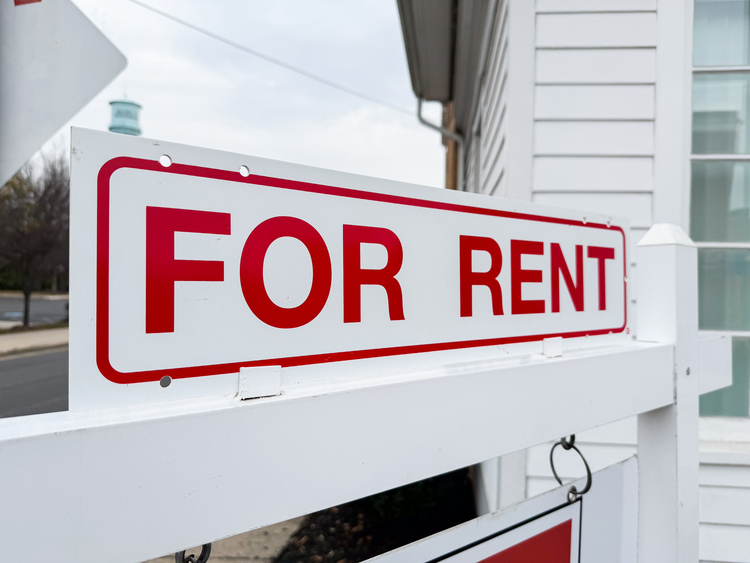California law permits tenants to file a personal injury lawsuit if the landlord’s negligence caused the tenant injury. For example, if the property was in a dangerous condition, and the landlord knew about the dangers but failed to address them in a timely manner, then they can be held liable for your injuries and other losses.
Landlord liability doesn’t end with the borders of your private domicile. If the landlord fails to keep the common areas of multi-family rental properties in good repair, like a swimming pool, stairs or elevator, or clubhouse, they can also be held liable for injuries under California premises liability laws.
If you have been hurt on the premises of a rental property and want to learn more about your options for suing your landlord, our California personal injury lawyer can explain your rights in a free consultation.
Landlord responsibilities and California personal injury law
California personal injury law addresses the responsibilities of a landlord to provide a safe, habitable place to live. This implied warranty of habitability requires landlords to maintain their rental properties in a sanitary, safe, and livable condition, fit for human habitation. Not only must the property meet the basic needs of a tenant (secure roof, free from pests or mold that could cause disease, complete with basic amenities like running water, plumbing and electricity, etc.), but it must also meet local health regulations and building codes.
California sets other specific obligations of landlords to tenants; failure to fulfill these obligations can leave the landlord not just open to liability in a civil suit, but also criminal charges:
California landlord-tenant laws require landlords to:
- Provide regular pest control services
- Disclose the presence of asbestos and lead paint
- Perform remediation and disclose contamination from a former meth lab
This is by no means an exhaustive list; if you’re concerned that your landlord isn’t performing their duties to preserve the livability of your home, contact a personal injury lawyer to learn about your options for legal action.
Under what circumstances can I hold my landlord liable?
To win your personal injury case and secure a fair settlement, you must prove that the landlord was negligent:
- The landlord had a responsibility to address the dangerous or hazardous condition on the property
- They failed to take reasonable measures to do so, or otherwise failed to notice that the property was in dangerous disrepair
- It could reasonably have been foreseen that someone could get injured or ill if the hazard persisted, unrepaired
- The landlord’s failure to correct the fault directly resulted in your physical harm and pain and suffering
For example, the landlord didn’t fix a leak in the roof of your rental house. The leak worsened, and mold started to form, which made you and your family sick. The landlord should have reasonably taken steps to regularly inspect the property, especially after a bad storm, but failed to do so, and therefore, is liable for the health complications you suffered due to the mold.
The possibility of a roof leak after a bad storm is a foreseeable event; inspecting the house for damage is a reasonable step. Therefore, the landlord is liable for injuries due to this negligence.
When is a landlord not liable for injuries suffered on a rental property?
Not all injuries that tenants suffer reach the threshold of negligence. If the tenant’s own actions or negligence caused their injuries, and it was not the landlord’s responsibility to fix them (such as slipping and falling on a wet floor or hitting your head on an open cabinet door), then you can’t sue your landlord for your injuries.
Damages available in landlord negligence lawsuits
If your landlord’s negligence led to your injuries, you have the right to recover both economic and non-economic damages.
- Economic damages include the cost of all necessary medical care, property damage, lost wages if your injuries caused you to miss work, and any other out-of-pocket expenses, like temporary housing while your landlord repairs the damage, or if you must seek a new home.
- Non-economic damages include all the non-material losses you suffered, like pain and suffering from your injuries, emotional trauma, diminished quality of life, and scarring or disfigurement. While these losses are intangible, they have considerable value, and you’re entitled to a fair amount to help ease the toll that your injuries took on you and your family.
Skilled legal help for tenants injured due to landlord negligence
Have you been hurt on a rental property and need to file a personal injury claim against a landlord? Our legal team has decades of experience litigating premises liability claims for tenants like you, and a strong history of high-dollar settlements. Please contact Ernst Law Group today at (805) 541-0300 for a free consultation with a personal injury attorney.




